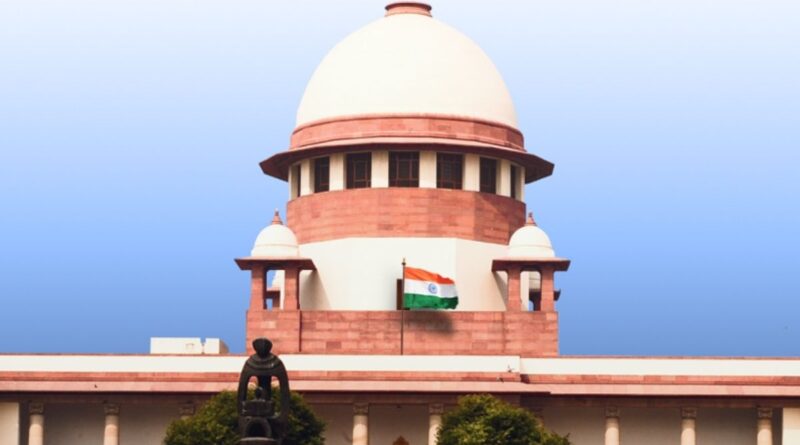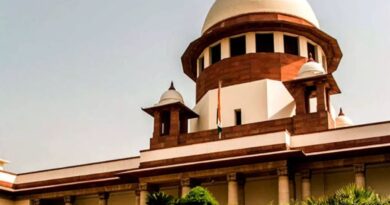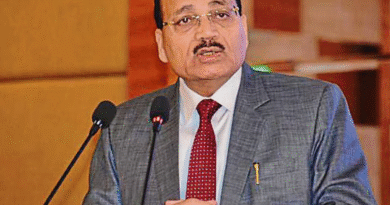Supreme Court Partly Stays Waqf Amendment Act, Registration Still Mandatory
The Supreme Court has put a temporary hold on some provisions of the Waqf (Amendment) Act, 2025, while hearing petitions challenging its validity. A Bench of Chief Justice of India BR Gavai and Justice Augustine George Masih clarified that the entire amendment would not be stayed, but only certain parts.
What the Court Stayed:
- The rule that only a Muslim practicing for at least 5 years can dedicate property as waqf. The Court said there are no rules to verify this, which could lead to arbitrary decisions.
- The condition that waqf property can only be recognised after the Collector’s report. The Court noted that a Collector cannot decide citizens’ property rights as it violates the principle of separation of powers.
What Remains in Force:
- Registration of waqf properties will continue, as this requirement existed in earlier laws as well. The Court said registration is not a new concept.
- Section 23, dealing with the appointment of ex-officio members to waqf boards, will continue. However, the Court directed that the Chief Executive Officer, who acts as ex-officio Secretary, should preferably be from the Muslim community.
On Non-Muslim Members:
The Bench limited the number of non-Muslims on these bodies. The Central Waqf Council cannot have more than 4 non-Muslim members (out of 22), and State Waqf Boards cannot have more than 3 (out of 11).
On Waqf-by-User:
The government had deleted “waqf-by-user” from the law, which earlier allowed properties to be considered waqf based on long-standing public use for religious or charitable purposes. While not staying the deletion, the Court gave interim protection, directing that Collectors cannot alter revenue records without a tribunal’s decision, which can also be appealed in the High Court.
Other Provisions Not Stayed:
- Section 3D, removing waqf status from ASI monuments.
- Section 3E, prohibiting tribal lands from being declared waqfs.
- Deletion of Section 104 of the earlier Act, which allowed non-Muslims to create waqfs.
The Court stressed that its findings are prima facie and parties can continue to argue on the Act’s constitutionality.
The Waqf (Amendment) Act, 2025 was passed by Parliament in April and received Presidential assent soon after. Several petitions, including those filed by MPs Mohammad Jawed and Asaduddin Owaisi, argue that the law unfairly targets Muslim endowments. Meanwhile, six BJP-ruled States have supported the amendment, saying it curbs misuse and protects public land.





